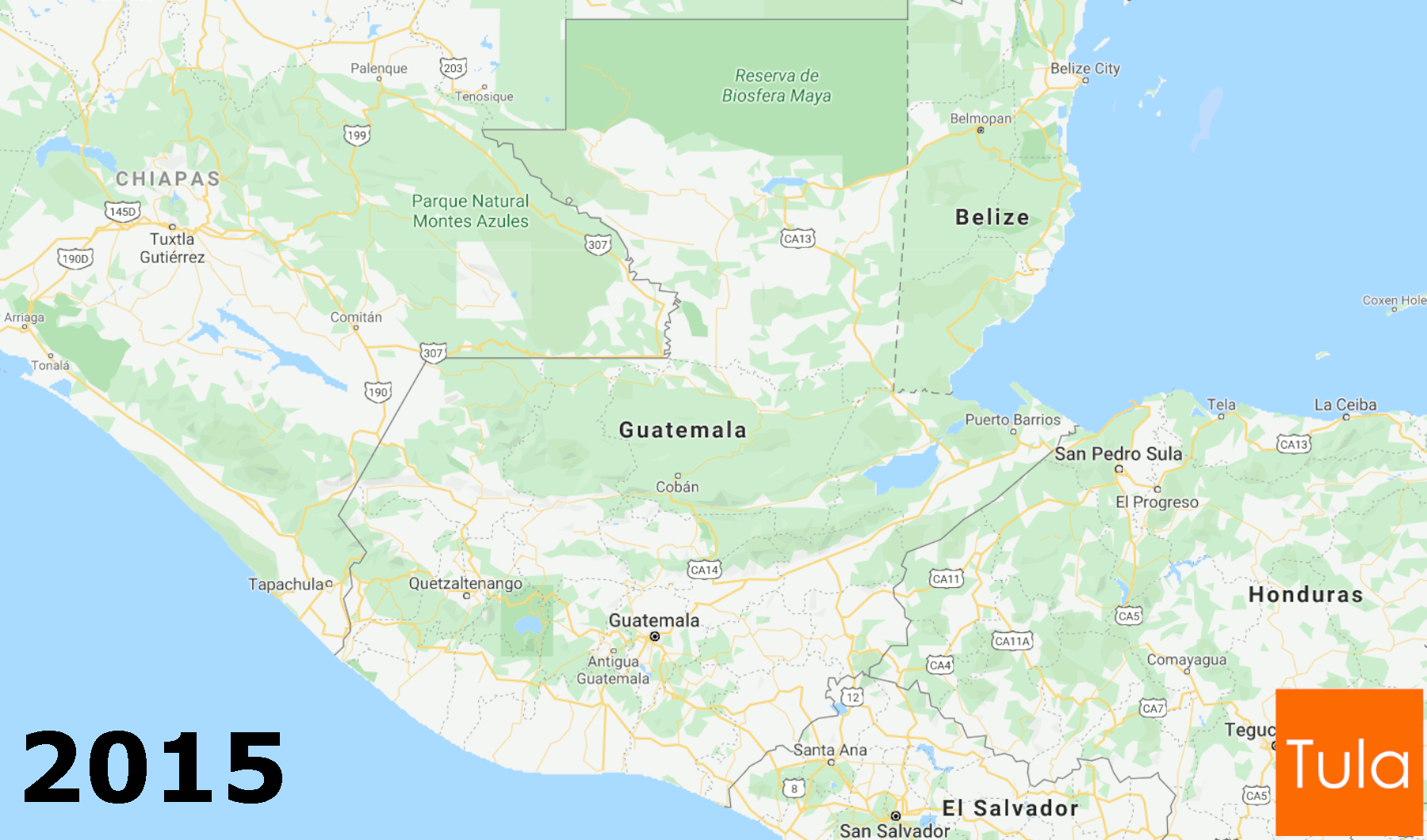Results
Since 2003, TulaHealth has remained committed to its mission of implementing innovative strategies to improve health, reduce poverty, and build social justice and equity in marginalized communities around the world. Our leadership in the field of global health is reflected not only in our success supporting rural primary health workers in Guatemala, but also the broad public-private partnerships that we’ve established both in Canada and abroad. TulaHealth is dedicated to working with the Ministry of Health in Guatemala to strengthen the capacity of primary health workers, so that they may provide more culturally appropriate and better quality services in their home communities. This is a process of strengthening both the capacity of individuals from marginalized communities, including Indigenous women, as well as the health system that services these communities. As a result, we continue to see corresponding improvement in health indicators, particularly concerning maternal, newborn, and child health, as well as sexual and reproductive health and rights, which are of course the yardstick by which our initiatives must ultimately be measured.
Distance Education for Primary Health Training
Between 2005 and 2024, nearly 55,000 primary health workers have graduated distance education programs focusing on primary health training needs. Graduates include community health workers employed by the Ministry of Health in Guatemala, working primarily in rural communities. *Many participants attend multiple training programs contributing to cumulative results
Since 2005, 110 distance education sites have been established in the four target regions; each equipped with Internet-based distance education equipment and trained technical staff. More than 500 Ministry of Health personnel have been trained on the methodologies of Internet-based distance education and problem-based learning.
Regional health authorities independently develop distance education training programs focusing on unique regional training needs, signaling an increased confidence in distance education strategies.
Community Digital Health Ecosystem
In 2008, as frontline capacity began to be realized, we initiated work to support primary health workers in the field, and to get them integrated with the rest of the formal system. We used technology to foster a cohesive and capable rural health system, using smartphones and digital applications for communication, referrals and response.
Since 2016, more than 4,900 primary health workers in four regions have been trained and equipped with a smartphone-based digital health ecosystem. Preferential rates for telecommunication services and technical support are provided by our partners at Tigo Guatemala.
Primary health workers have used the digital health ecosystem to make more than 4.6 million telephone calls (approximately 1 million calls per year), relating to patient follow-up, clinical consultation, and emergency transportation. Primary health workers also use SMS and WhatsApp extensively to support communication and coordination.
Primary health workers have used the community digital health ecosystem to register more than 470,000 pregnancy cases to monitor their progression, including 110,000 adolescent pregnancies, and more than 830,000 child cases for nutrition monitoring.
Health education and promotion videos - which have been translated in more than 8 Mayan languages - have been watched more than 205,000 times using the digital health system. Health education and promotion videos focus on priority topics selected in coordination with the Ministry of Health, including maternal, newborn, and child health, sexual and reproductive health, gender-based violence, and child malnutrition.
Community-level health data is transferred via the digital health ecosystem to online health monitoring dashboards in less than 24 hours.
Since 2016, more than 4,400 health officials, and community health workers have been trained to access community-level health information for decision-making via the online digital health ecosystem dashboard. Approximately 78 percent of users indicated that they regularly use the digital health system to conduct public health surveillance, monitor high-risk patients, and coordinate transfer of high-risk patients.
COVID-19 Community Response
Since 2020, TulaHealth has worked with the Ministry of Health and the Pan American Health Organization (PAHO) to optimize its community digital health ecosystem to support primary health workers in responding to COVID-19 in rural communities in Guatemala.
TulaHealth's community digital health ecosystem operates as a virtual community-level health situation room, which is capable of registering and monitoring COVID-19 cases. Since 2020, primary health workers have registered more than 235,000 COVID-19-related consultation calls and 71,000 COVID-19 patient cases (confirmed, suspected, or contacted).
'Microtraining' programs on COVID-19 prevention, treatment, and management were rapidly deployed to primary health workers via WhatsApp, as well as training programs on culturally-responsive COVID-19 prevention in Indigenous communities. Since 2020, COVID-19-related training programs have been delivered to more than 11,000 primary health workers. *Many participants attend multiple training programs contributing to cumulative results
Four additional health education videos focusing on COVID-19 prevention, treatment, and management were developed and translated into local Mayan languages, which have been viewed more than 36,000 times.
